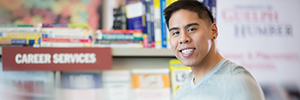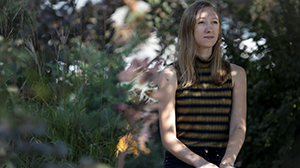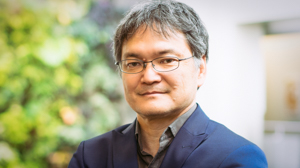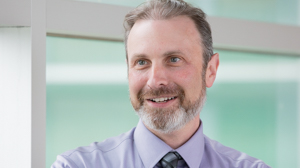- Future Students
- Current Students
- Faculty
- Staff
- Alumni
- Others
Meet your UofGH professor: An expert in business and behaviour
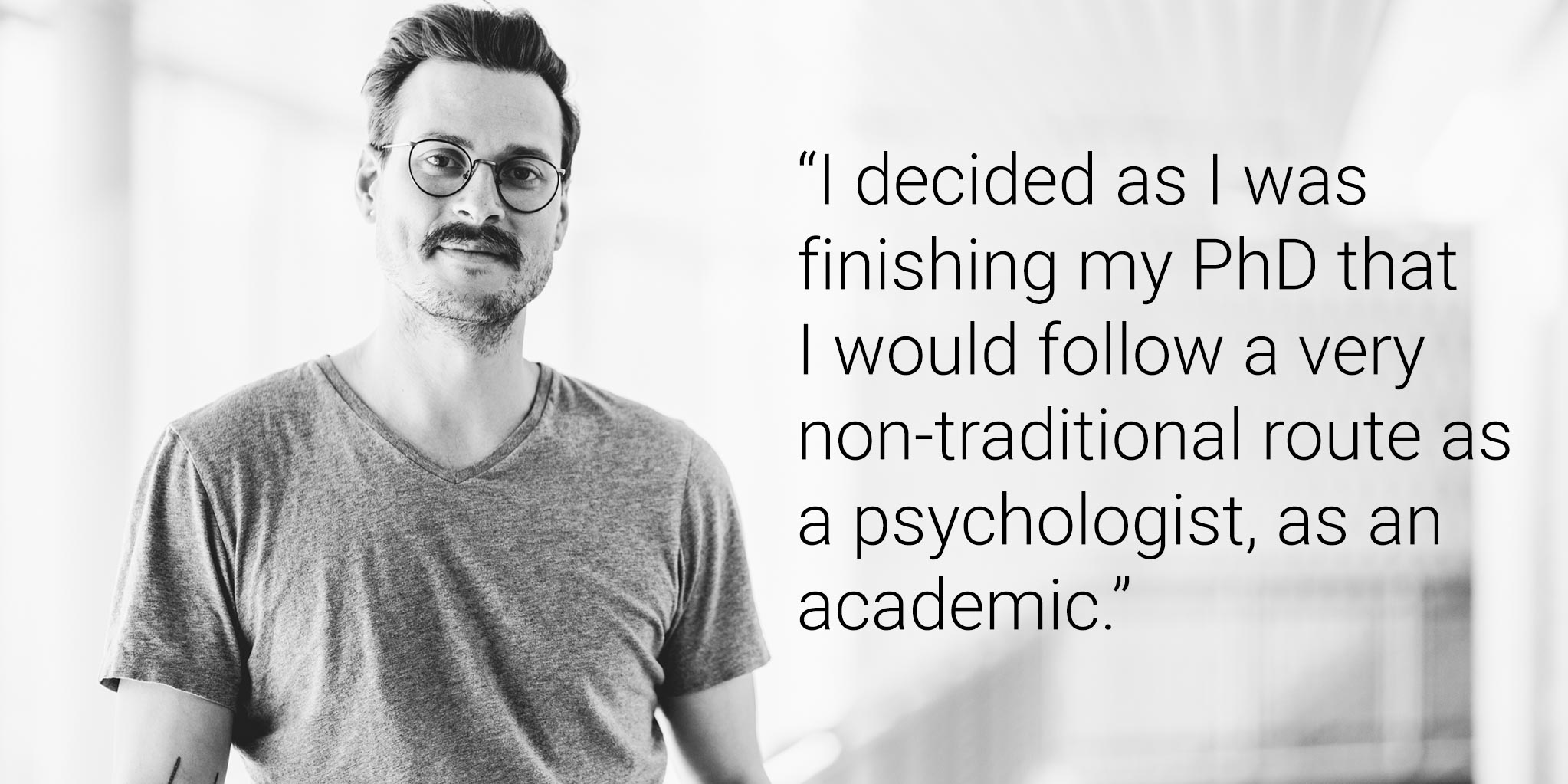
For University of Guelph-Humber Psychology instructor Dr. Nicholas Hobson, doing what interests him and following his passions has made him a successful professor and businessperson. But it has also often meant taking the road less travelled.
Dr. Hobson decided he wanted to pursue a psychology career after he took a psychology course during his first year as an undergraduate student, where he was majoring in biological and health sciences.
“Psychology shines a light onto the puzzles of human behaviour. It offers a way to describe and explain these mysteries, and that really fascinated me,” he explains.
He switched majors, but ultimately realized that his career path would not be traditional.
“I decided as I was finishing my PhD that I would follow a very non-traditional route as a psychologist, as an academic,” Dr. Hobson says. “And for me, that meant following my passions. I saw what interested me, and went in that direction, even if that direction meant that there would be more obstacles.”
Finding a research path
While other students decided to build on prior research for their PhD dissertations, Dr. Hobson decided to focus on rituals—a new area with very little, if any, previous research.
“There’s a clear roadmap and there’s much more reliability to build on a previous program of research instead of the way I did it. I decided to focus on something that had very little existing base research. I decided to take that risk as a scientist.”
He again took a non-traditional approach when he began teaching during his PhD program. “In my PhD program, there wasn’t much emphasis on teaching – it was much more focused on research. But I ended up teaching, at first sort of accidentally, only to realize after that I loved it,” he says. “I decided I would really hone my teaching skills.”
While many of his peers remained in traditional academia as research scientists, Dr. Hobson again forged his own path.
In addition to his teaching career, he is a consultant specializing in behavioural science and social psychology in the workplace, specifically pertaining to rituals. He has been a consultant for a number of years, and launched a new firm, The Behaviorist, in January 2019. There, he helps optimize business success through consulting on ritual science, personality, leadership development, peak performance, and experimental design and nudging.
“The mission is to bring to light this idea that all business is behavioural,” he explains. “I am a translator of science to business. For instance, a lot of people wonder, what does ritual have to do with how employees engage in a team, or how a customer uses a product or interacts with a service? What I argue in my research and in my practice is that rituals are, in fact, everywhere around us. They always have been, and they always will be. And they’re very much a driving force in how we work, consume, and interact with one another.”
Dr. Hobson has written for publications such as Forbes, Inc.com, Vice, and Psychology Today.
He says that while following his own career path can be challenging at times, he wouldn’t have it any other way. “I’m still taking that road less travelled, and there are times I’m glad that I did, and there are times when I find it’s very challenging, because it would have been easier to take the more traditional path. But my thinking is that it will pay off, you just have to be willing to listen to your gut and have a good dose of perseverance when the going gets tough.”
From business to the classroom
When it comes to his teaching, Dr. Hobson says he wants his students to develop a love of learning for learning’s sake. “I’m a huge proponent of that, and it’s really guided my own journey through academia and now in my business – that you can be fascinated just through the learning process and that’s the end goal. It doesn’t have to be anything beyond that. And that’s something that I really strive for in my teaching, is to get that across to my students.”
He also encourages his students to get exposure to many different things in the field, and follow their interests, as he has done.
“Follow your nose, follow the things that are interesting to you, and ask yourself probing questions,” he says. “Everything starts with a question and it’s important to be really inquisitive and have fun with asking questions, because the answers that you stumble across can be absolutely fascinating.”



